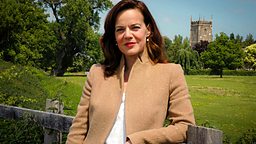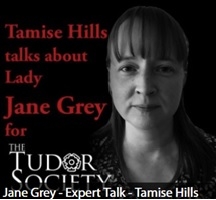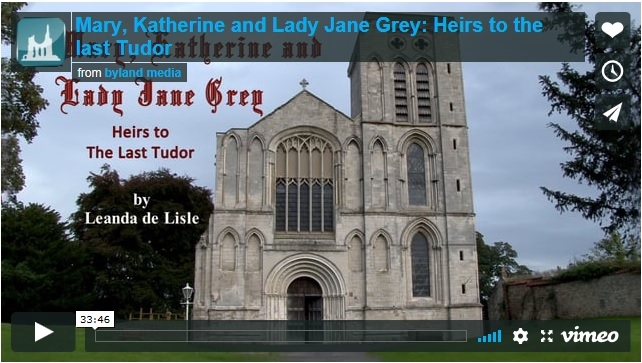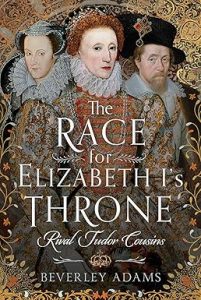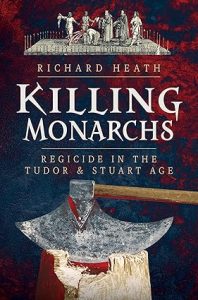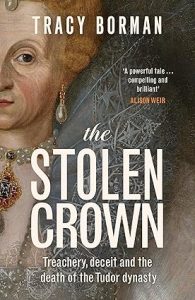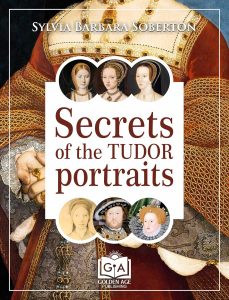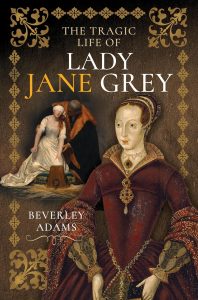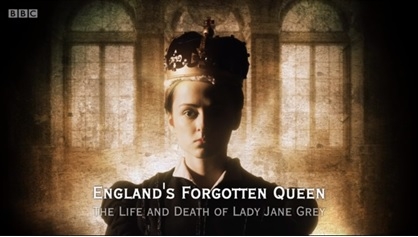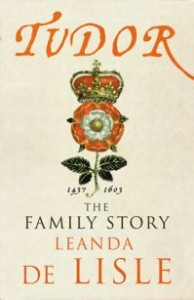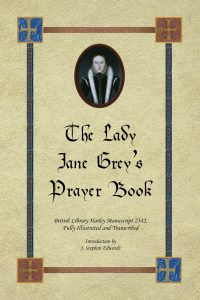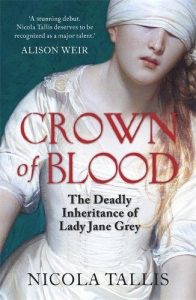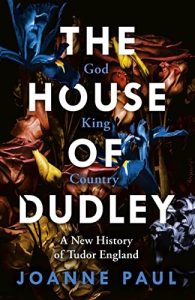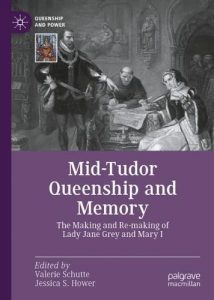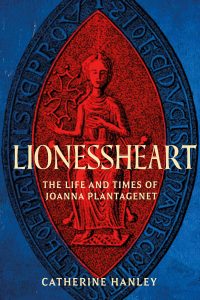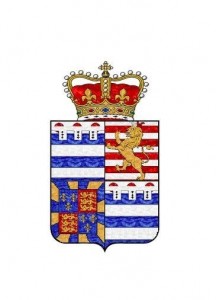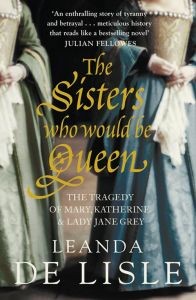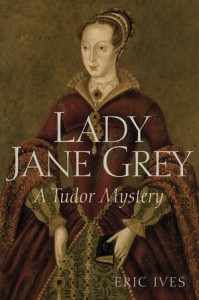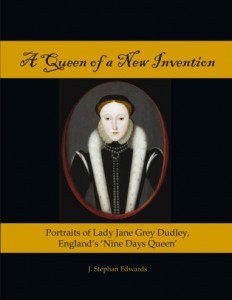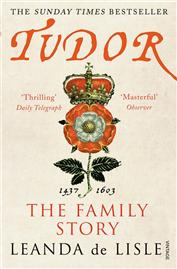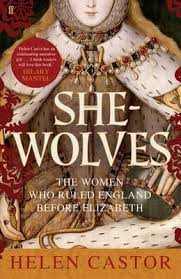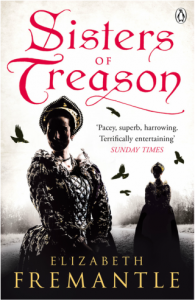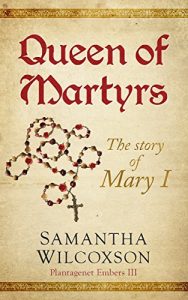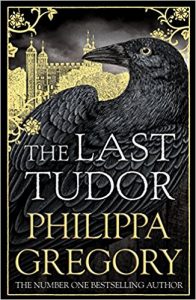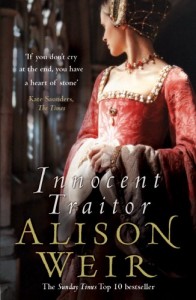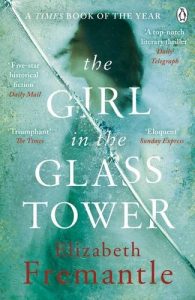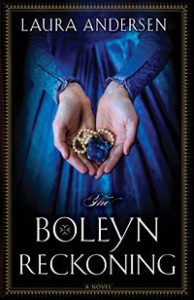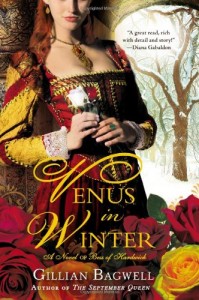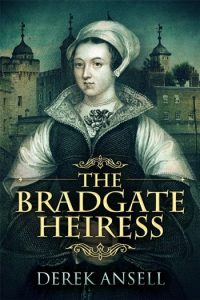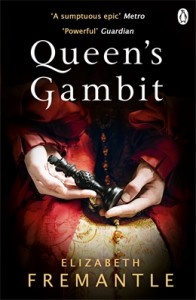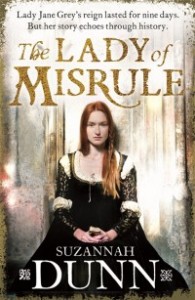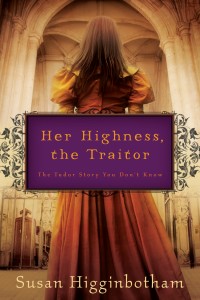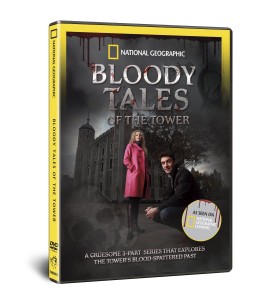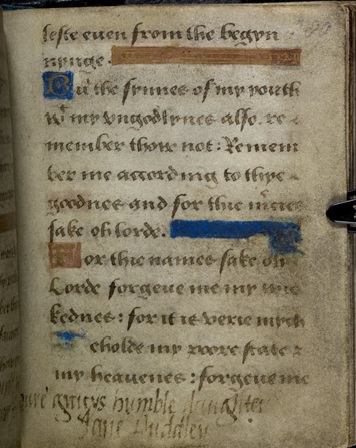Helen Castor’s new series ‘Medieval Lives’ starts tonight at 9pm on BBC4.
According to her website, ‘this exploration of the medieval experience of life’s great rites of passage includes stories of the 15th-century Paston family, as told in Helen’s book BLOOD & ROSES.’ (Helen Castor.com)
The first episode of this three part series looks at birth.
This is what the press have had to say:
‘After impressing in She-Wolves: England’s Early Queens, Helen Castor turns away from royals in a three-parter on ‘the great rites of passage’, looking instead at everyday life. However, a lack of evidence on commoners means she is often forced to talk about queens in her first programme on births, with the pregnancies of Henry VII’s wife Elizabeth and Jane Seymour, shedding light on what went on in the medieval birthing chamber. Full of detail, the film stresses the church’s role in shaping the era’s ambivalence towards mothers.’
(p.64, The Culture, Sunday Times, 6 October 2013)
‘For a medieval women approaching the moment of labour and birth, there were no antiseptics to ward off infection or anaesthetics to deal with pain. Historian Helen Castor reveals how this was one of the most dangerous moments a medieval woman would ever encounter, with some aristocratic and royal women giving birth as young as 13. Birth took place in an all-female environment and the male world of medicine was little help to a woman in confinement. It was believed that the pains of labour were the penalty for the original sin of humankind – so, to get through them, a pregnant woman needed the help of the saints and the blessing of God himself.’
(BBC4 website)
‘In an age before anaesthetic or antiseptic, death was never far from birth. But delivering a baby during the Middle Ages was also an intensely private and highly ritualised process, as Dr Helen Castor reveals in the first of her trips through medieval rites of passage.
Although men were barred from the delivery room, the physicians of the time were invariably male clerics, whose medical texts were based on scant understanding of female anatomy. Dr Castor is delighted when she gets to pore over one such archaic manuscript, known as the Wellcome Apocalypse, which makes for illuminating reading. According to this medieval manual for life, women are “effectively men inside out”; slightly toxic creatures, whose gaze could tarnish mirrors and kill fruit.’
(Gary Rose, Radio Times website)
‘While men faced the prospect of dying in battle, childbirth was one of the greatest threats that punctuated life for medieval women. In the first of a three-part series exploring how the most fundamental rites of passage were marked in the Middle Ages, Dr Helen Castor expertly explores how prayer bowls and’ natural magic’ were employed by prospective mothers, whether peasants or princesses, while pain relief could only come via divine intervention.’
(p.63, Event, The Mail on Sunday, 6 October 2013)
You can view a clip here:
BBC 4 – Medieval Lives: A Good Birth
Article in the Daily Mail
Episode 1 – A Good Birth will be repeated:
BBC 4
Thursday 10 October – 02.30
Sunday 13 October – 22.40
Sources
The Culture (The Sunday Times)
Event Magazine (The Mail on Sunday)
BBC4 Medieval Lives
Radio Times.com
Our superstitious, gory and unsophisticated ancestors’ attitudes live on in us more than 500 years later, says historian Helen Castor

